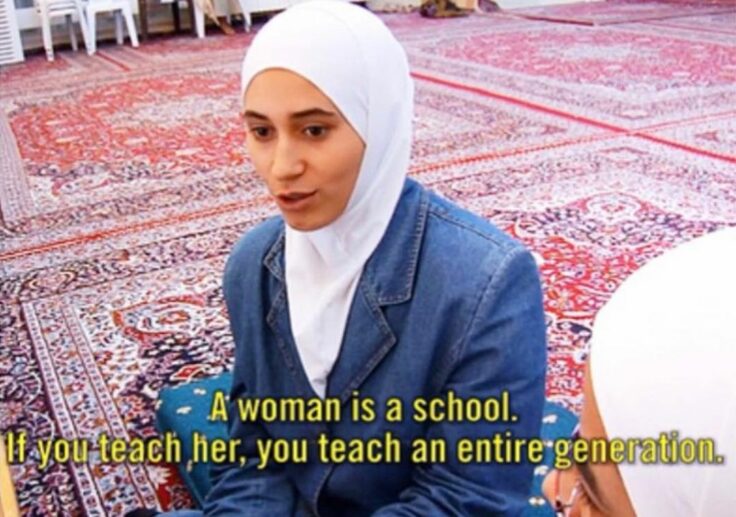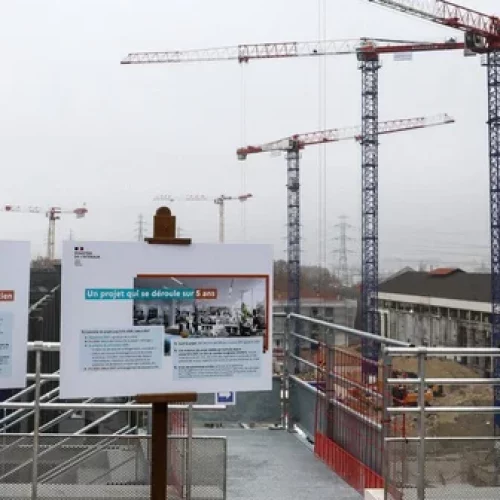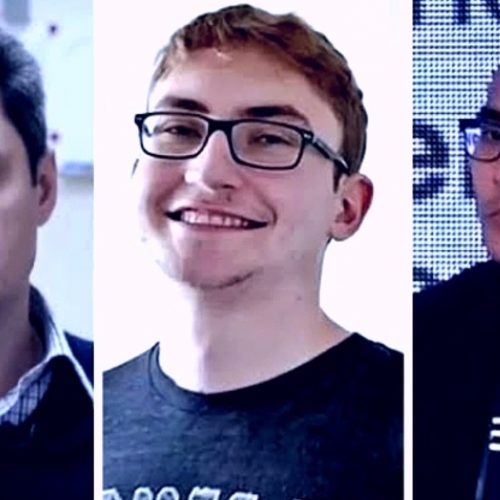When it comes to education, calls for decolonising curriculums have been made for years— to no avail. But The Slow Factory has taken things into their own hands. The foundation has launched a new online educational program to be taught by Black, Brown, Indigenous, and Minority ethnic teachers for BIPOC students last year, and they’re back at it again for a new semester.
To make it happen, activist and founder of the Slow Factory Foundation, Celine Semaan, partnered up with Adidas, offering the courses at no cost to BIPOC.
For the Winter/Spring semester, courses will focus on subjects like ‘Fashion and colonialism’, taught by Semaan herself. Creative strategist Hawa Arsala is set to teach a course entitled ‘Fashion and Spirituality,’ while designer and artist Korina Emmerich will spearhead a course on ‘Fashion and Resistance’.
The programme also includes ‘Fashion and Culture’ class taught by American fashion designer Tracy Reese, exploring the ways “fashion can impact culture and culture can catalyze action”. Teju Adisa-Ferrar, a Jamaican-American writer, poet, and geographer will be taking on a ‘Fashion and Prison Labor’ course, exploring the history of prison labor and its implications on the fashion industry and sustainability.
A series of history-focused courses are also on the roster. Ever wondered how plastic became a modern staple? Dr. Theanne Schiros, an assistant professor at New York’s Fashion Institute of Technology will trace the material back to its origins and will explore its links to colonialism. As part of the history series, Adisa-Farrar will explore the history of cotton, putting to question its use in the fashion industry’s growing sustainability movement.
You can sign up for ‘Open Education’ here.









